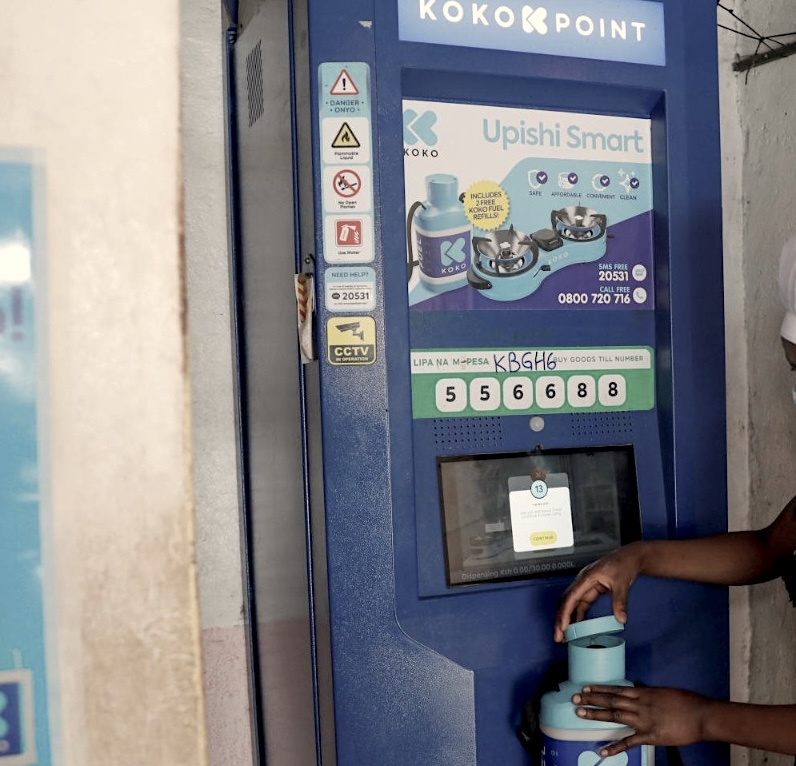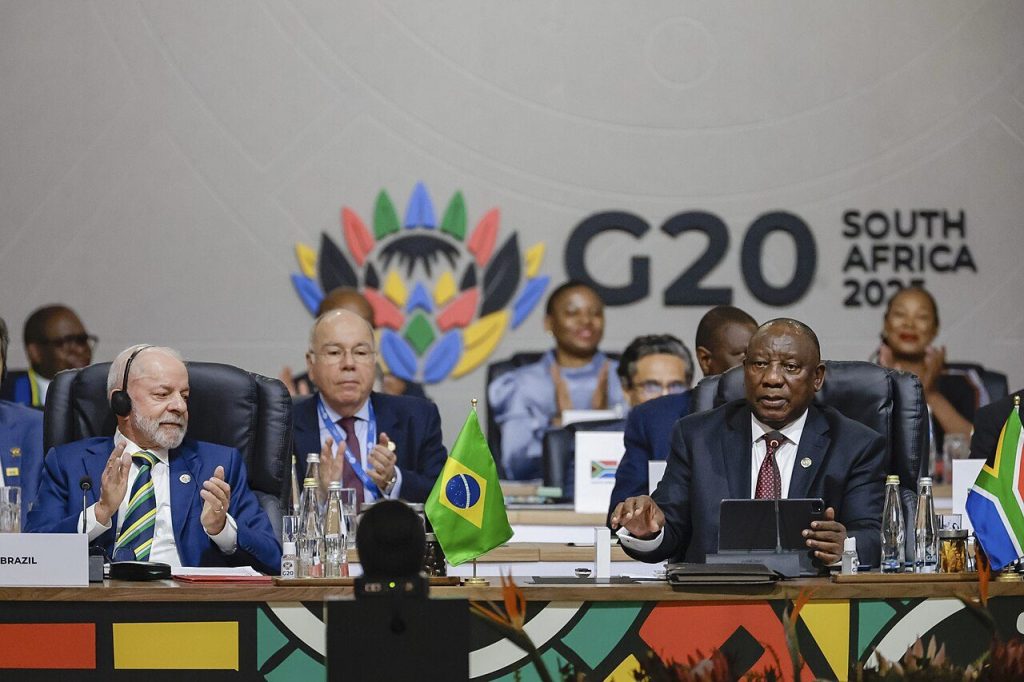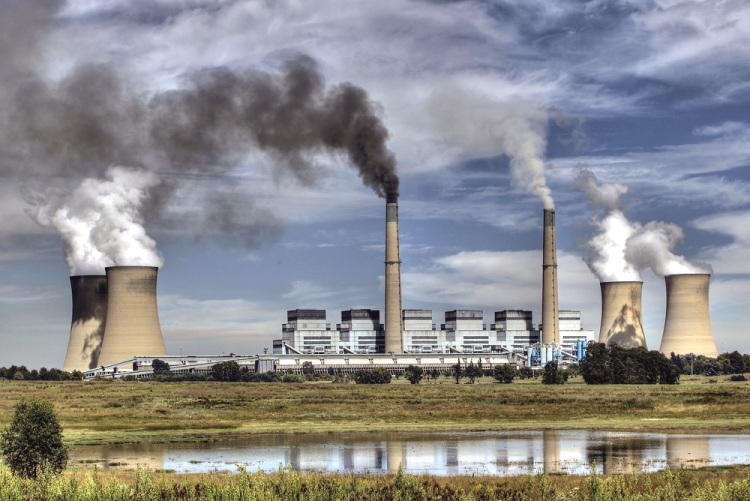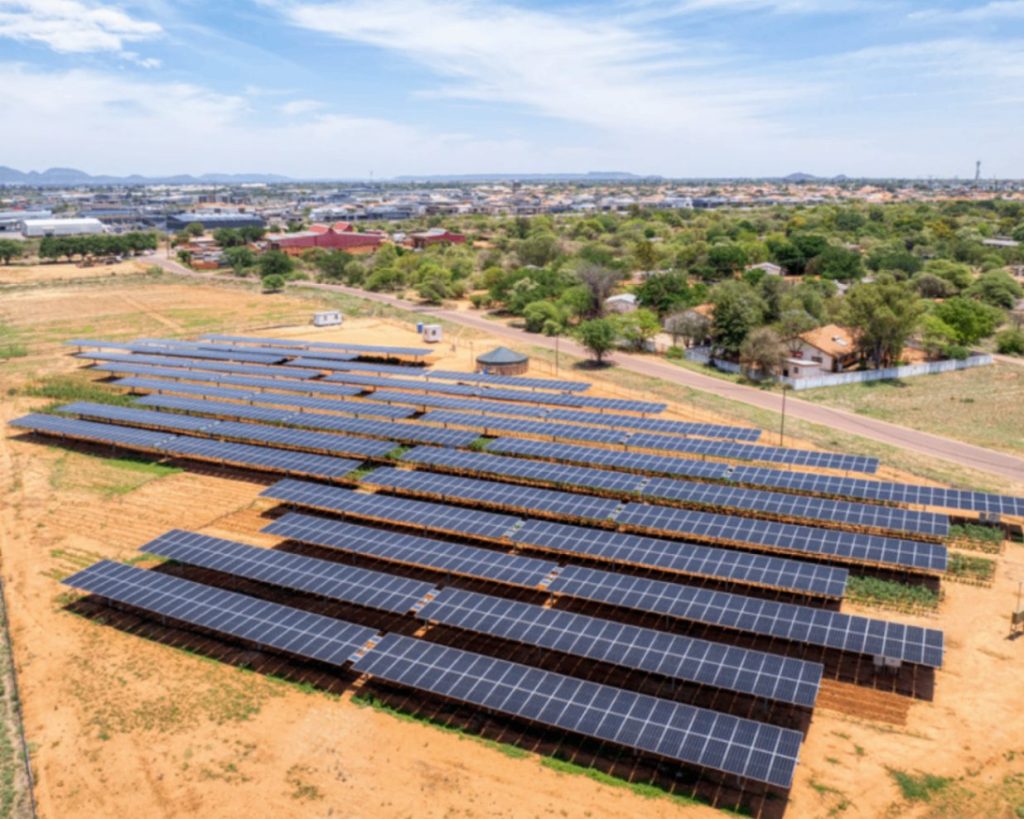The European Investment Bank has recently reiterated its position that it will not fund any gas projects, despite requests from African countries to do so. In an interview with the Financial Times, President of the Bank, Werner Hoyer stated that “we as a European public institution should not invest in assets that one day will be seen as stranded assets.” Acknowledging that gas projects were often put forward as a transition fuel, he said they were often only just “a perpetuation exercise for gas”. The statement follows a decision by the EIB in 2019, to overhaul its policy on fossil fuel lending. In 2013, the bank decided to halt funding for coal projects and in 2019 to include unabated natural gas projects within this prohibition.
Some African countries have decried the decision as hypocritical given the EU’s increased demand for oil and gas as a result of the energy crisis and war in Ukraine, including for exports from African countries. Commenting on a report by Bloomberg on the EU’s equivocal position on LNG and climate, Nigerian President Muhammadu Buhari said “we need long-term partnership, not inconsistency and contradiction on green energy policy from the UK and European Union”
The decision comes on the back of the European Parliament’s resolution on 15 September 2022 expressing its lack of support for the proposed East African Crude Oil Pipeline (EACOP), on human rights, environment and climate change grounds. The Project, a venture between TotalEnergies; the China National Offshore Oil Corporation as well as Ugandan and Tanzanian energy companies, seeks to build a 1443km oil pipeline to transport oil from Uganda’s Lake Albert to a port in Tanzania for export. The African Union has criticized the resolution as being a “self-serving” ploy and “an interference into African affairs”. The statement dismissed the claim by the EU Parliament that GHG emissions arising from the transported oil would have negative climate impacts, underscoring that European countries were themselves considering the resumption of coal fired power plants and other high emitting power sources, arising from the war in Ukraine.
This comes as the EU reversed a commitment to halt financing for overseas fossil fuel projects at the G7 summit this year, but indicated that exceptions would likely be made for projects that facilitate shipments of LNG to the EU. Similarly, in July this year the EU Parliament voted in favour of a proposal by the European Commission to classify new natural gas and nuclear power projects as “green.” A decision which would enable the provision of subsidies and low-cost loans for natural gas and nuclear projects that are deemed environmentally sustainable.





